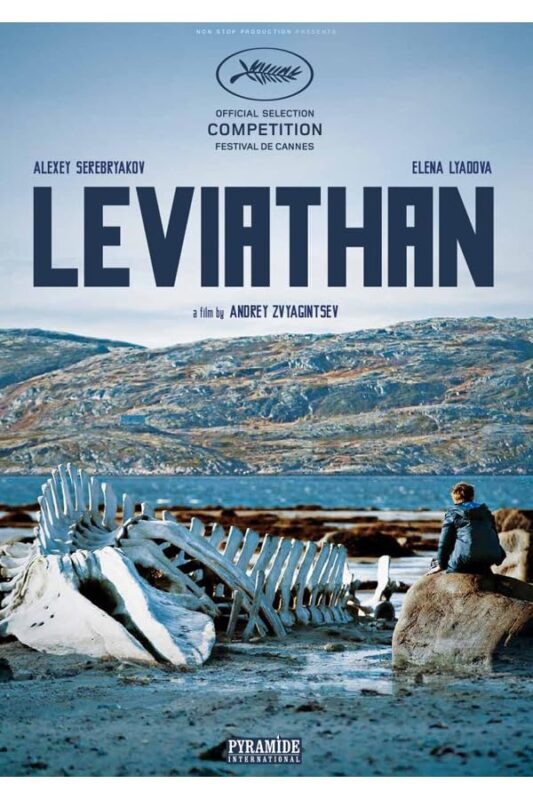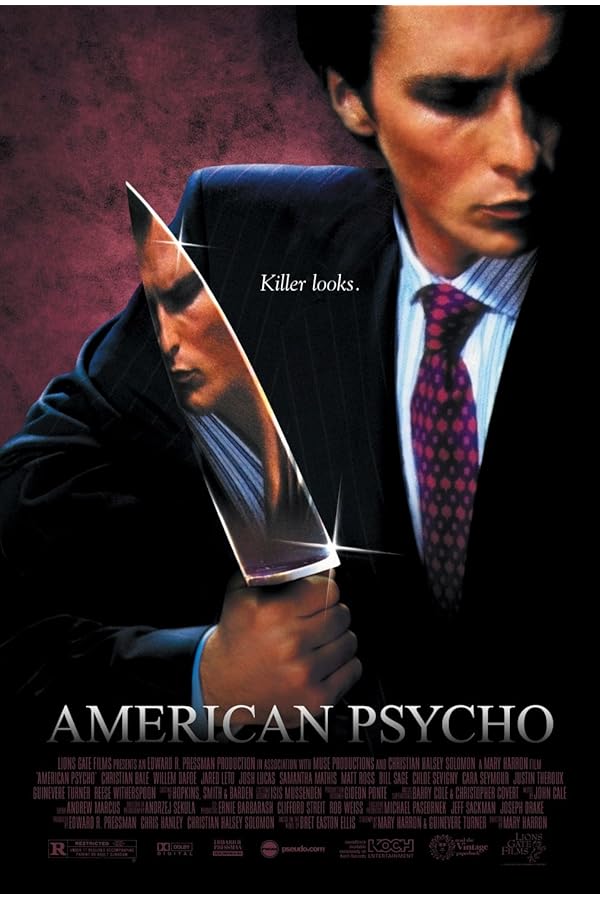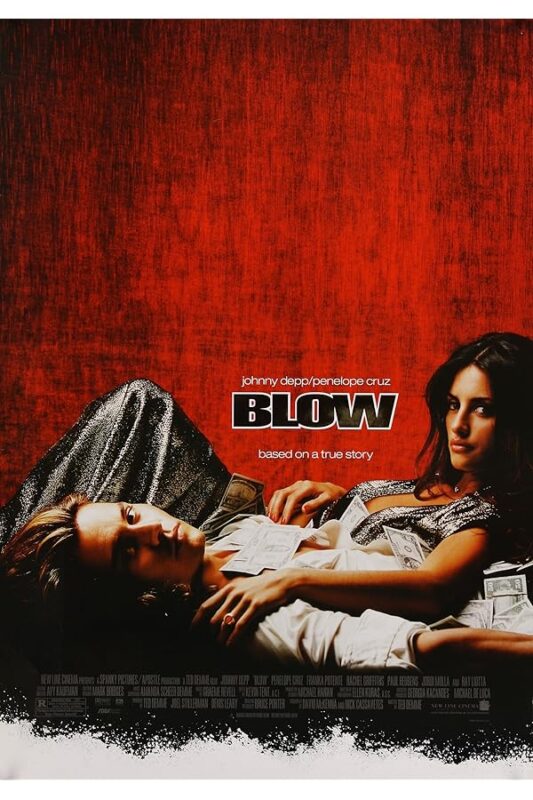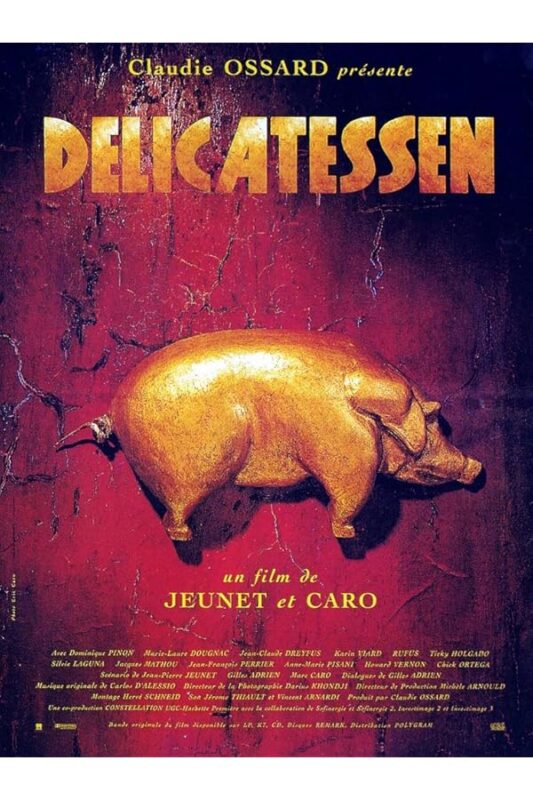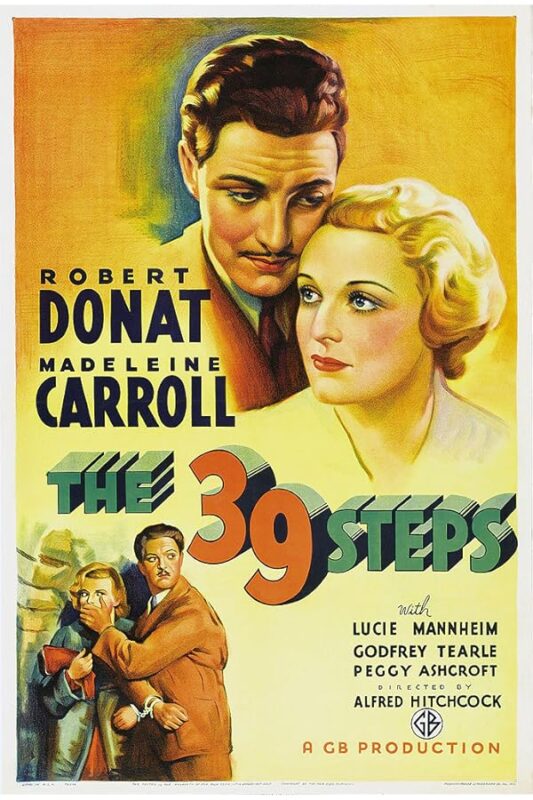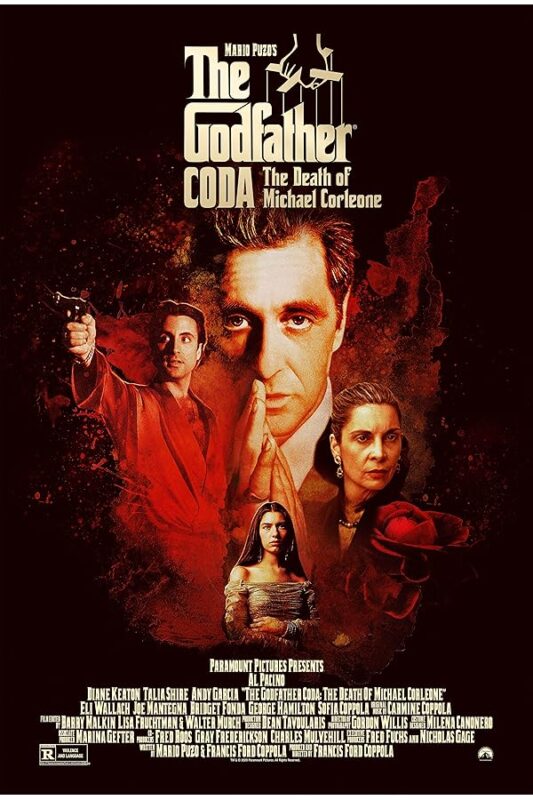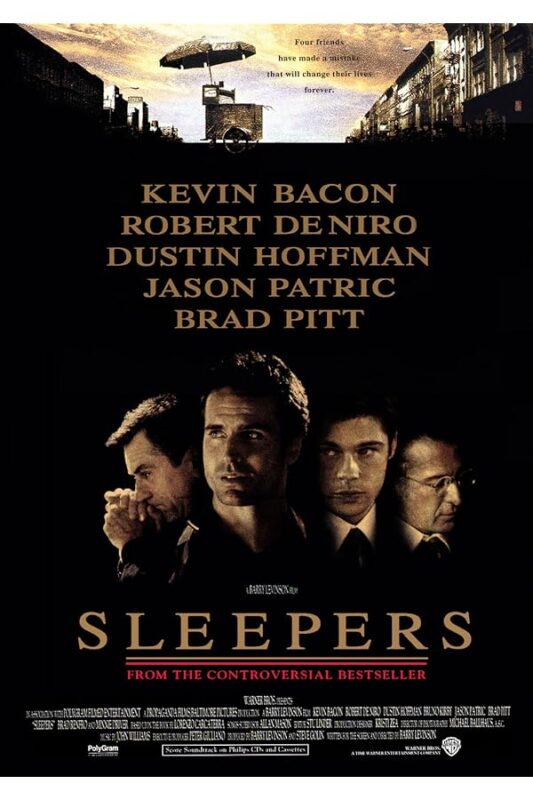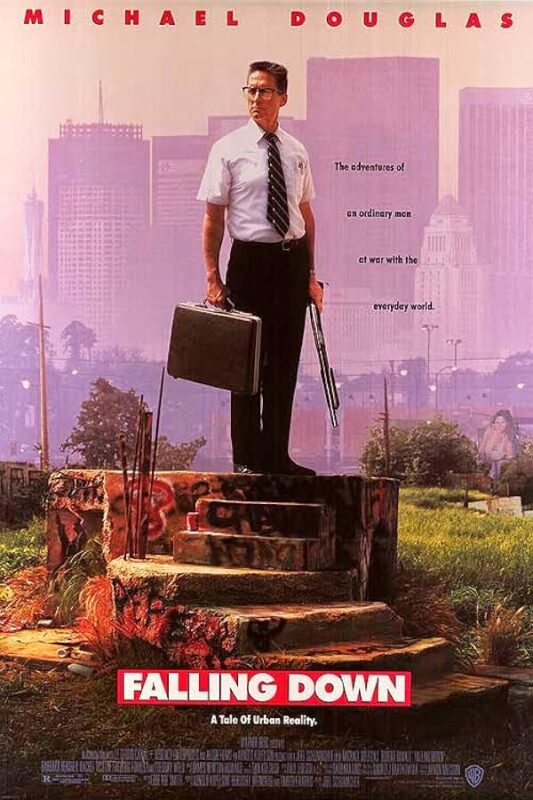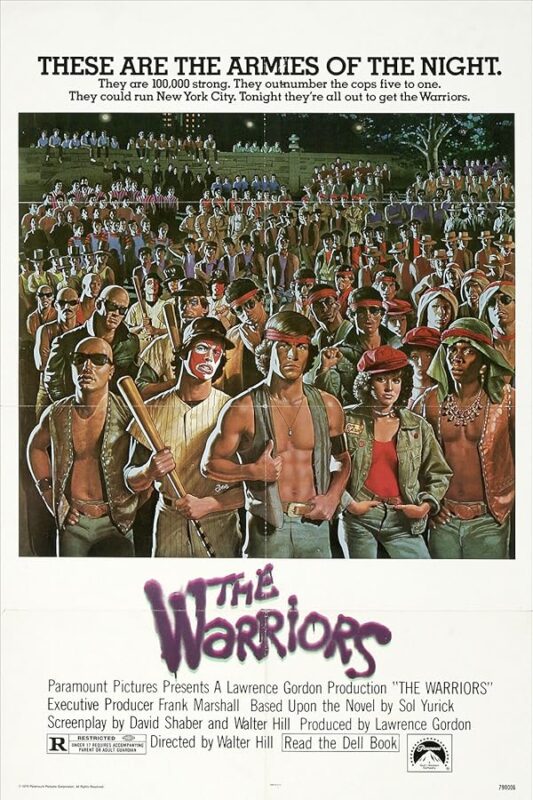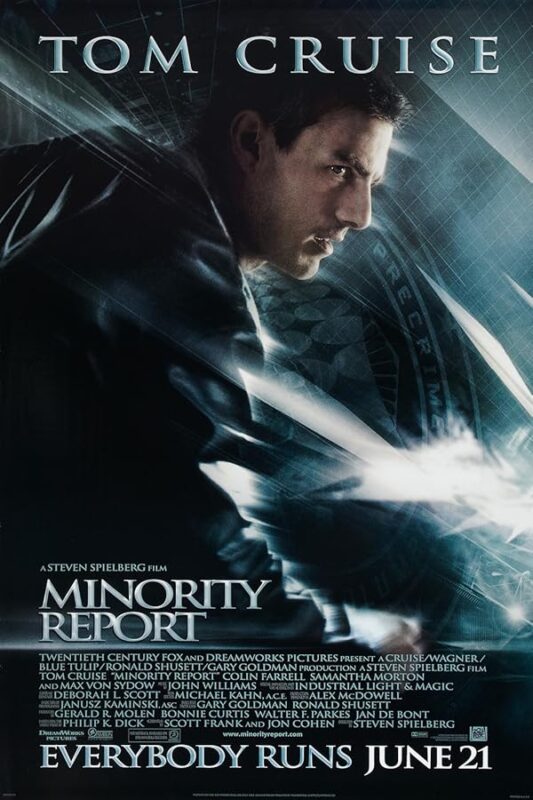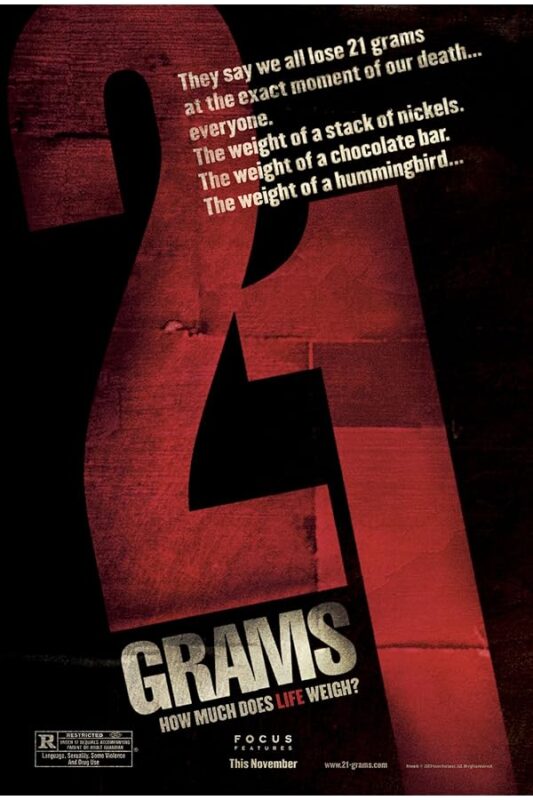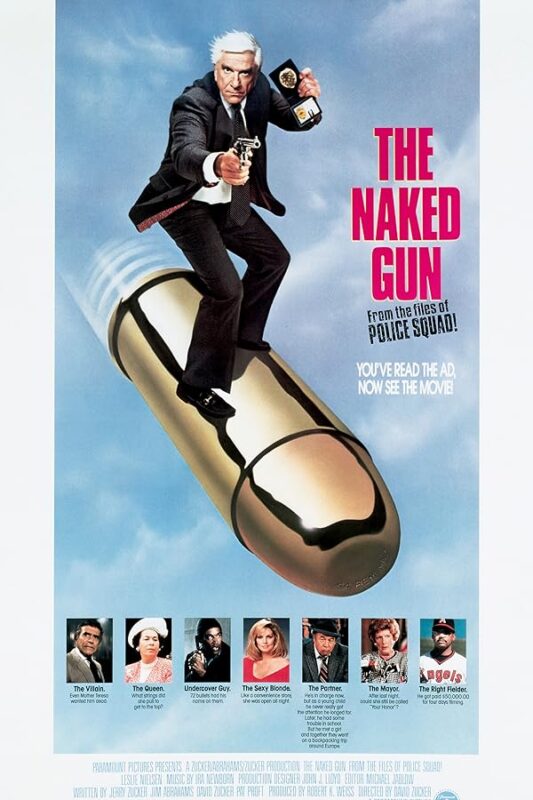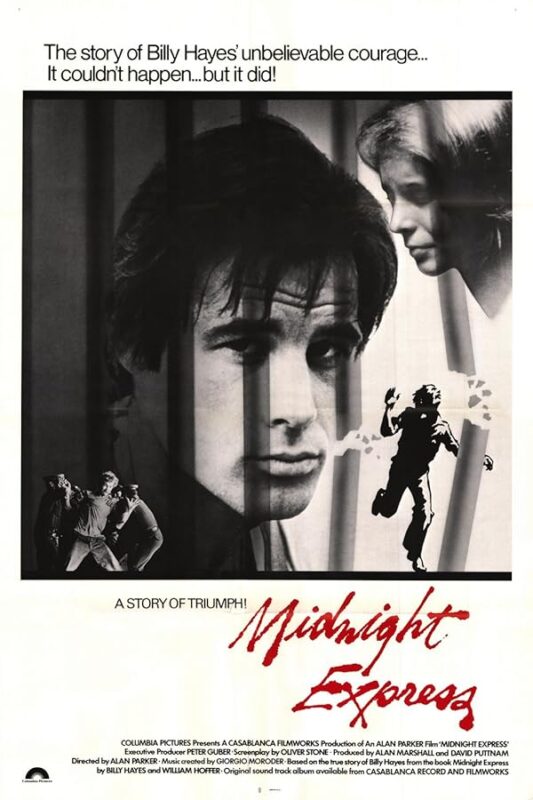Content Warnings
- 🔴 80/100 A sex scene with partial nudity and explicit movements.
- 🟡 60/100 Another sex scene with implied nudity and suggestive content.
- 🟡 60/100 Characters drinking alcohol heavily in a bar scene.
- 🟡 30/100 A character smokes a cigarette in a tense moment.
- 🔴 85/100 A violent confrontation with physical assault and blood.
- 🔴 95/100 A graphic scene involving a character's death with intense violence.
- 🔴 80/100 Multiple uses of strong profanity in a heated argument.
- 🔴 70/100 Frequent strong language throughout a tense scene.
What is the plot of 'Leviathan' (2014)?
'Leviathan' (2014) is a Russian drama film directed by Andrey Zvyagintsev. The story follows Kolya, a car mechanic living in a small coastal town, who fights against the corrupt mayor trying to seize his home and land. The film explores themes of power, corruption, and the struggle of the individual against systemic injustice.
Who are the main actors in 'Leviathan' (2014)?
The main cast of 'Leviathan' includes Aleksey Serebryakov as Kolya, Elena Lyadova as Lilya (Kolya's wife), Roman Madyanov as the corrupt mayor Vadim, and Vladimir Vdovichenkov as Dmitriy, a lawyer and Kolya's old friend who comes to help him fight the mayor.
What awards did 'Leviathan' (2014) win?
'Leviathan' won the Best Screenplay award at the 2014 Cannes Film Festival and was nominated for the Palme d'Or. It also won the Golden Globe for Best Foreign Language Film in 2015 and was nominated for the Academy Award for Best Foreign Language Film the same year.
What are the main themes of 'Leviathan' (2014)?
The film delves into themes of corruption, abuse of power, the clash between the individual and the state, and moral decay. It also examines personal relationships, betrayal, and the existential struggles of its characters against a bleak and oppressive societal backdrop.
Is 'Leviathan' (2014) based on a true story?
While 'Leviathan' is not directly based on a true story, it draws inspiration from real-life events and systemic issues in Russia, particularly concerning corruption and the abuse of power by local authorities. The screenplay was also influenced by the biblical story of Job and the philosophical concept of the 'Leviathan' as a metaphor for an overpowering state.

